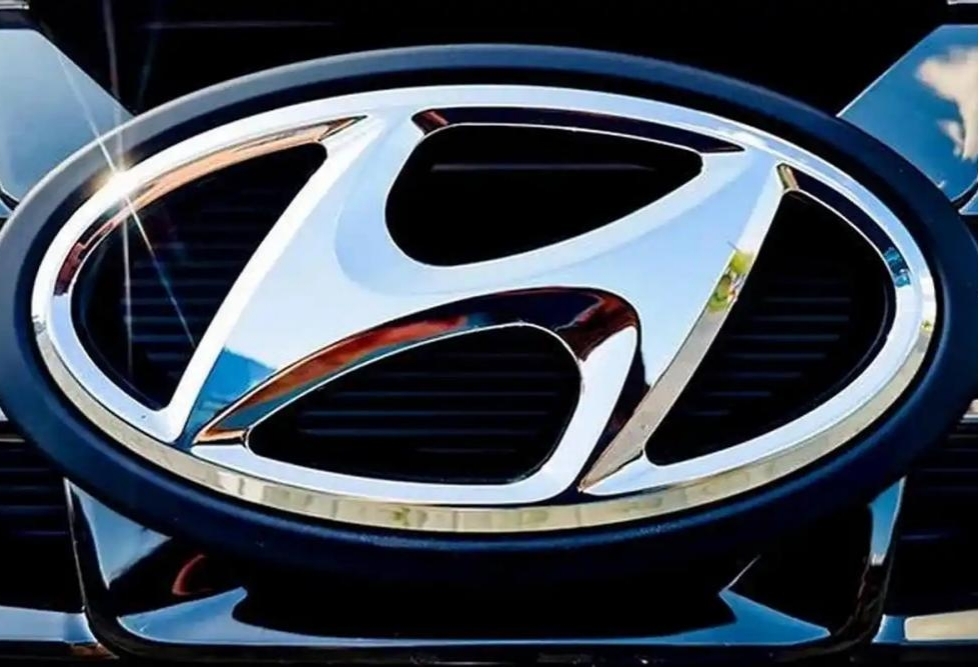
Recently, Hyundai has launched a series of large-scale recalls around the world, which not only reveals the serious quality problems of some of its models, but also has a great impact on consumer trust. The recall covers a number of top selling models, including 2025 Hyundai Santa Cruz pickup trucks and Hyundai Tucson SUVs sold in North America, as well as Hyundai and Kia electric vehicles sold worldwide.
First, let's focus on recalls in North America. Hyundai Motor North America recently announced a recall of more than 42000 vehicles because of wire problems that could cause vehicles to slip, increasing the risk of collisions or injuries. The disclosure of this potential safety hazard is undoubtedly a serious question about the quality of modern automobile products. According to the announcement of the National Highway Traffic Safety Administration (NHTSA), the vehicle transmission may switch from the "Park" state without applying the brake, which poses a serious threat to driving safety.
It is worth noting that this is not the first time Hyundai has recalled vehicles due to quality problems. In the past few years, Hyundai has repeatedly recalled vehicles for engine failures, brake system problems and structural defects. The recalls have not only inconvenienced consumers, but also damaged Hyundai's brand image. In 2015, for example, Hyundai recalled hundreds of thousands of vehicles with engine defects that could cause their engines to catch fire or stall. Similarly, in 2017, Hyundai recalled several models because of brake system problems, which could lead to brake failure during emergency braking. These recalls have not only brought great safety hazards to consumers, but also seriously damaged Hyundai's brand image in the North American market.
The recall in the North American market has pushed Hyundai's quality problems to the forefront. NHTSA estimates that about 1 percent of the affected vehicles are in danger of slipping. Although Hyundai said it had not received any reports of casualties, crashes or fires related to the faulty vehicles, the safety hazard was enough to raise questions among consumers about Hyundai's quality.
In addition to the North American market, Hyundai has launched another large-scale recall worldwide. The recall covers Hyundai and Kia brand electric vehicles, including Hyundai IONIQ 5, IONIQ 6 and Kia EV6. According to Hyundai officials, these vehicles may have potential defects that could lead to reduced driving power. The disclosure of this problem once again highlights the quality control problems of modern vehicles in the field of electric vehicles.
For Hyundai, frequent recalls are undoubtedly a major blow to its brand image and consumer trust. The recall action not only brings additional costs and expenses, but also is more likely to trigger consumer concerns and doubts about the quality of modern cars. Some consumers say they have begun considering switching from Hyundai to other, more reliable brands. This crisis of trust is undoubtedly a huge challenge for Hyundai. If Hyundai Automobile can not fundamentally change its attitude towards quality problems and strengthen the construction of quality control and after-sales service system, its brand image and market share will be more impacted.
To sum up, the frequent recalls of Hyundai Automobile have exposed serious problems in quality control and after-sales service. These problems not only harm the interests of consumers, but also put Hyundai at a disadvantage in the market competition. Faced with this challenge, modern automobile needs to reflect deeply and take effective measures to improve it. More importantly, however, Hyundai needs to fundamentally change its attitude towards quality issues, establish a consumer centered business philosophy, and put product quality and consumer experience first. Only in this way can Hyundai regain the trust and recognition of consumers and remain invincible in the fierce market competition. For now, however, Hyundai seems to have a long way to go.

Recently, according to Al Jazeera, Israel has recently carried out a new round of air strikes on the Gaza Strip, killing about 100 Palestinians, including women and children.
Recently, according to Al Jazeera, Israel has recently carr…
On November 3rd local time, the Foreign Minister of Peru, U…
Recently, TSMC, the leading wafer foundry, stated that it w…
Amazon recently filed a complaint with the Oregon regulator…
In October 2025, the US credit market witnessed a surge of …
When the London gold spot price fell from a high of $4038.9…